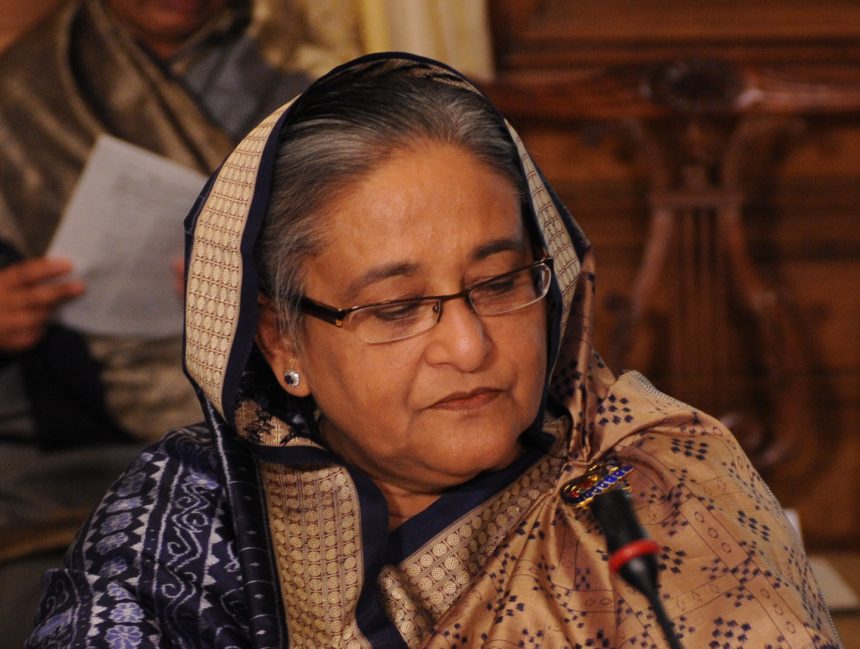International Crimes Tribunal Begins Proceedings
On August 3, 2025, Bangladesh’s International Crimes Tribunal‑1 commenced trial proceedings against former prime minister Sheikh Hasina, along with former Home Minister Asaduzzaman Khan and ex-Police Chief Chowdhury Abdullah Al Mamun. They are charged with crimes against humanity related to the violent suppression of the “July Uprising” student protests in 2024. Opened by a three-judge panel, the tribunal heard opening statements from prosecuting counsel, who called for the maximum penalty.
Charges Stem from Mass Violence That Killed Hundreds
The charges allege Hasina and her associates orchestrated a brutal crackdown last July and August, resulting in the deaths of over 1,400 civilians, including children like 11-year-old Rakib Hossain. Witnesses report that security forces fired live ammunition on demonstrators demanding quota reform, and enforcement included widespread arrests, torture, and disappearances.
Hasina Absent as Trial Proceeds in Absentia
Hasina has been living in India since her ouster in August 2024, declining to return despite multiple extradition requests by the interim government. She will be tried in absentia, formally pleading not guilty through a state-appointed defence lawyer. The prosecution has secured the cooperation of Al Mamun, who pled guilty and will testify as a state witness.
Not First Conviction: Six-Month Sentence in Contempt Case
Earlier in July, the ICT sentenced Hasina in absentia to six months in prison on a contempt charge stemming from a leaked audio recording. The tape suggested she had ordered lethal force in response to accumulating legal cases—marking her first formal conviction to date.
Political Fallout and Election Landscape
The trial has heightened political polarisation. The ruling interim government, led by Muhammad Yunus, banned Hasina’s Awami League party from upcoming elections, drawing accusations that the proceedings are politically motivated and intended to exclude major opposition influence from Bangladesh’s electoral future.
Broader Context of Allegations
Hasina faces 152 legal cases, including 135 for murder, alongside charges of corruption, voter fraud, and human rights abuses during her 2009–2024 tenure. A leaked UN OHCHR report corroborated credible allegations of her direct involvement in planning the crackdown—and pointed to her use of enforceable state power before defecting.
What Happens Next
- The prosecution will call eyewitnesses and survivors, including microbus driver Khokon Chandra Barman, who lost part of his face in the violence.
- As the trial unfolds, it will be broadcast live to the public—a first for such high-profile proceedings in Bangladesh.
- The tribunal reserves access to the death penalty. If convicted, Hasina may face the severest outcomes under Bangladeshi law.
Final Take
The trial of ousted Prime Minister Sheikh Hasina represents a landmark moment in Bangladesh’s pursuit of accountability and justice. As she remains abroad refusing to attend the hearings, critics warn the trial risks becoming politically driven. Yet supporters insist it provides long-awaited closure for victims of state violence. With national elections pending, the courtroom proceedings now stand as both a legal reckoning and a barometer of Bangladesh’s democratic resilience—and fragility.











